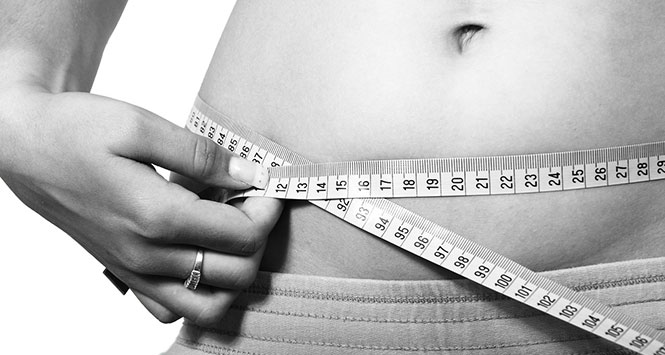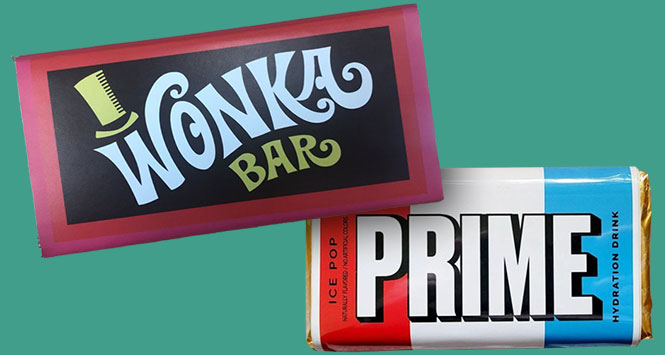Scotland is a step closer to a sugar tax, following the acceptance by the Board of Food Standards Scotland (FSS) of wide-ranging proposals on measures to improve the national diet.
As well as a levy on so-called ‘discretionary’ foods and drinks, other proposals given the thumbs-up at a meeting today (20th January) included: regulation around food and drink promotions; portion size reduction; and tougher targets for reformulation of foods and drinks.
These recommendations, which will now be put to Scottish Government Ministers, are designed to tackle Scotland’s growing obesity crisis. It is projected that 40% of the population will be obese in 15 years.
Ross Finnie, Chair of FSS, said: “We know that we have been missing the Scottish dietary goals for the past 15 years, despite the range of changes already made, so the Board’s view is that a raft of alternative, more radical, measures and interventions must be considered and introduced if we are to have the impact that is needed.”
Finnie said that it was vital that FSS works with industry to set out the evidence to support the introduction of any measures. He cited the case of Mexico, where a 10% tax reduced the purchase of sugar-sweetened soft drinks by 12%.
“It’s key that industry plays its part in finding solutions, which is why we accepted the suggestion of giving manufacturers and retailers 12 months in which to come up with an alternative acceptable solution to a sugar tax, and to propose action when it comes to re-weighting promotion of foods in favour of healthier options,” he added.
Underlining FSS’s commitment to improving dietary outcomes in Scotland, Finnie warned that if industry proposals fall short, other avenues – including taxation – would be pursued.
Independent research, commissioned by FSS, showed that over half (54%) of adults in Scotland claimed to be happy with the idea of unhealthy foods being taxed in order to decrease the price of healthy foods. 16% said it would depend on the amount of tax involved. The same number (54%) claimed a tax on unhealthy foods would encourage them to buy and eat less unhealthy foods.





